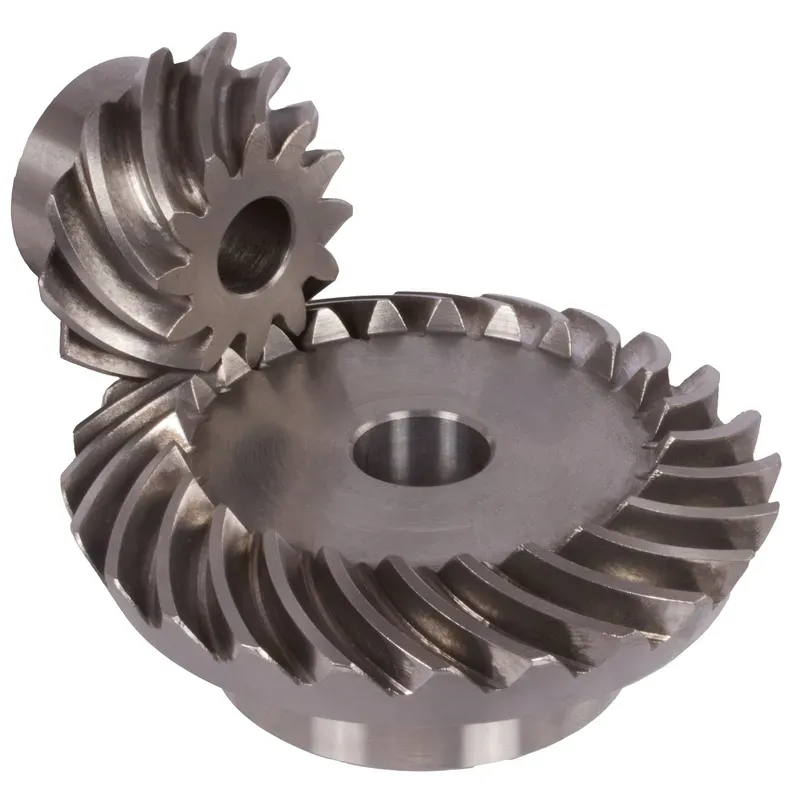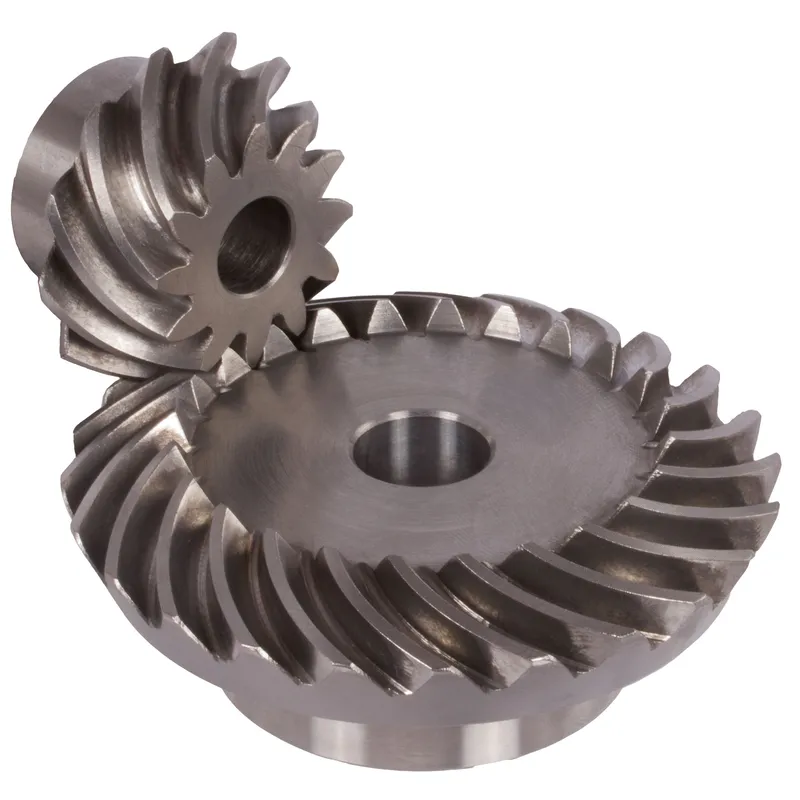Brass Bevel Gears Ratio 1.5:1 Straight-Tooth System
The brass bevel gears ratio 1.5:1 straight-tooth system refers to a specific configuration of bevel gears designed to transmit rotational motion between intersecting shafts, typically at a 90-degree angle. These gears are made of brass, a durable and corrosion-resistant alloy known for its strength and machinability, making it ideal for applications requiring precision and longevity. These brass bevel gears are commonly used in light machinery, robotics, and precision instruments.
The brass bevel gears ratio 1.5:1 straight-tooth system refers to a specific configuration of bevel gears designed to transmit rotational motion between intersecting shafts, typically at a 90-degree angle. These gears are made of brass, a durable and corrosion-resistant alloy known for its strength and machinability, making it ideal for applications requiring precision and longevity.
The gear ratio of 1.5:1 indicates that for every 1.5 revolutions of the driving gear, the driven gear completes one full revolution. This setup enables a slight reduction in speed while increasing torque. The straight-tooth design means the teeth are cut radially along the cone-shaped surface of the gear, ensuring smooth operation and effective power transmission in low-speed or moderate-load applications. These brass bevel gears are commonly used in light machinery, robotics, and precision instruments.
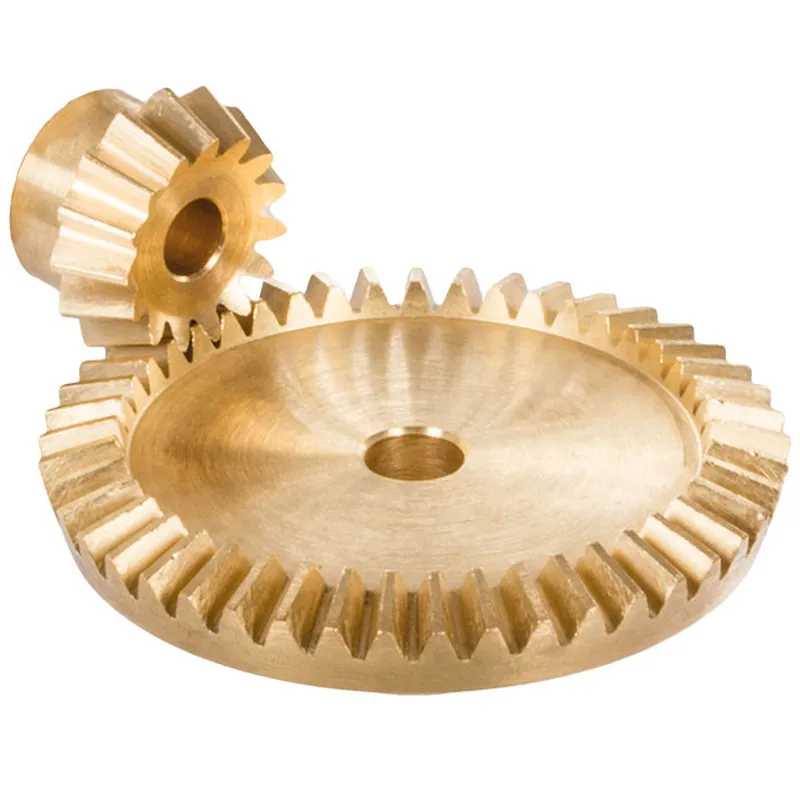
Brass Bevel Gear Ratio 1.5:1
 | 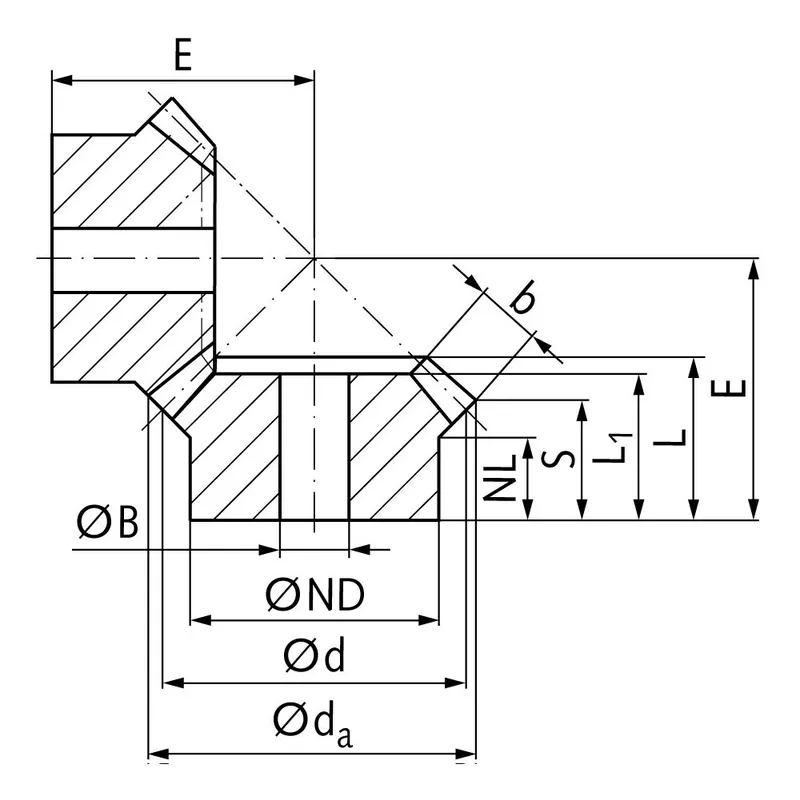 |
| Module | Number of teeth | da | d | ND | NL | L1 | L | S | b | BH7 | E | Torque* | Weight |
| mm | mm | mm | mm | mm | mm | mm | mm | mm | mm | Ncm | g | ||
| 0,5 | 20 | 11,0 | 10 | 8 | 3,5 | 6,5 | 7,1 | 4,7 | 3 | 4 | 11,9 | 2,4 | 2 |
| 0,5 | 30 | 15,4 | 15 | 10 | 4 | 6 | 7 | 5,4 | 3 | 4 | 10,1 | 3,6 | 4 |
| 1 | 20 | 22,1 | 20 | 15 | 5 | 10 | 11,1 | 7,2 | 5 | 5 | 21,5 | 18,0 | 16 |
| 1 | 30 | 30,8 | 30 | 16 | 5 | 9 | 10,9 | 8,3 | 5 | 5 | 17,7 | 27,0 | 28 |
Advantages of Brass Straight Bevel Gears
- Corrosion Resistance
Brass straight bevel gears, often made from alloy MS58, resist corrosion effectively, making them ideal for environments exposed to moisture or chemicals. This durability extends gear lifespan in applications like marine equipment or outdoor machinery, reducing maintenance costs and ensuring reliable performance over time. - Ease of Manufacturing
Straight-tooth bevel gears are simpler to produce than spiral or zerol bevel gears due to their linear tooth design. This reduces production costs and time, making brass straight bevel gears an economical choice for small-scale or precision applications requiring a 1.5:1 ratio. - High Machinability
Brass is highly machinable, allowing for precise cutting of straight bevel gear teeth. This ensures accurate gear ratios and smooth meshing, critical for efficient power transmission. The material’s workability supports custom designs, making it suitable for specialized mechanical systems. - Low Friction and Wear
Brass has a low coefficient of friction, reducing wear during operation. This property enhances the longevity of brass bevel gears, particularly in moderate-load applications like hand tools or small machinery, where consistent performance and minimal maintenance are essential. - Good Thermal Conductivity
Brass efficiently dissipates heat generated during gear operation, preventing overheating in high-speed or continuous-use scenarios. This thermal conductivity helps maintain gear integrity and performance, making brass straight bevel gears reliable for applications requiring sustained power transmission. - Aesthetic and Functional Versatility
Brass bevel gears combine a polished, professional appearance with functional reliability. Their golden hue adds aesthetic value in visible mechanisms, while their strength supports moderate torque applications. This versatility makes them popular in both decorative and practical engineering designs.
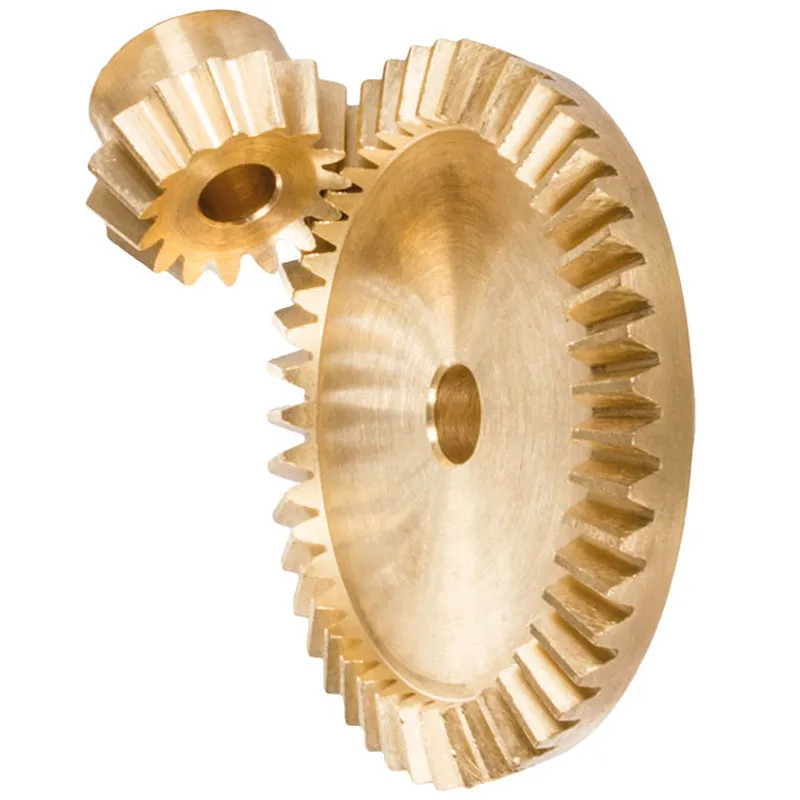
Common Applications of Brass Bevel Gears
- Automotive Differentials
Brass bevel gears are integral in automotive differentials, enabling smooth power transfer from the engine to the wheels. They allow wheels to rotate at different speeds, especially during turns, ensuring stability and traction. Their corrosion resistance and strength make them ideal for enduring harsh conditions and heavy loads in vehicles. - Hand Tools and Drills
In hand tools like drills and grinders, brass bevel gears transmit torque from the motor to the tool’s working end. Their precision ensures efficient power transfer, while their resistance to wear extends tool lifespan. Compact and reliable, they enable consistent performance in demanding tasks. - Marine Equipment
Brass bevel gears are used in marine applications, such as boat steering systems and winches, due to their excellent corrosion resistance in salty environments. They ensure reliable operation under wet conditions, transferring rotational motion effectively, which is critical for precise navigation and load handling at sea. - Clock and Watch Mechanisms
In clocks and watches, brass bevel gears are employed for their precision and smooth operation. They transfer motion between intersecting shafts, enabling accurate timekeeping. Their low friction and durability ensure long-term reliability, making them a staple in both traditional and modern timepieces. - Robotics and Automation
Brass bevel gears are crucial in robotics, where they facilitate precise angular motion in joints and actuators. Their compact size and high strength allow robots to perform complex tasks with accuracy. Their wear resistance ensures consistent performance in automated systems over extended periods. - Industrial Machinery
In industrial machinery, such as conveyors and mixers, brass bevel gears transmit power between shafts at various angles. Their ability to handle high torque and resist corrosion makes them suitable for heavy-duty applications, ensuring efficient operation and minimal maintenance in manufacturing environments.
 | 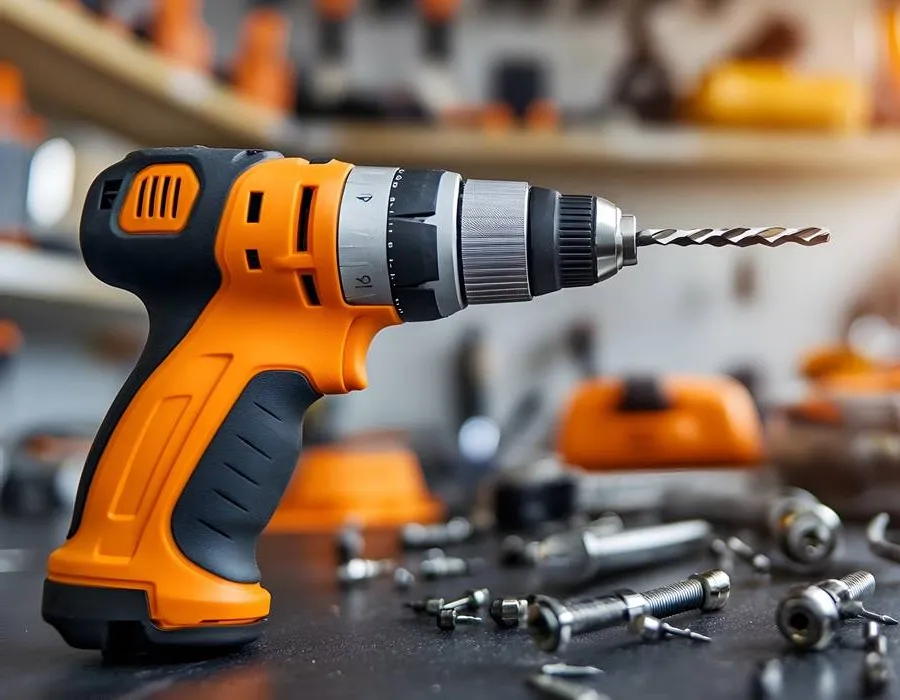 |
| Bevel Gear for Automotive Differentials | Bevel Gear for Power Tools |
 | 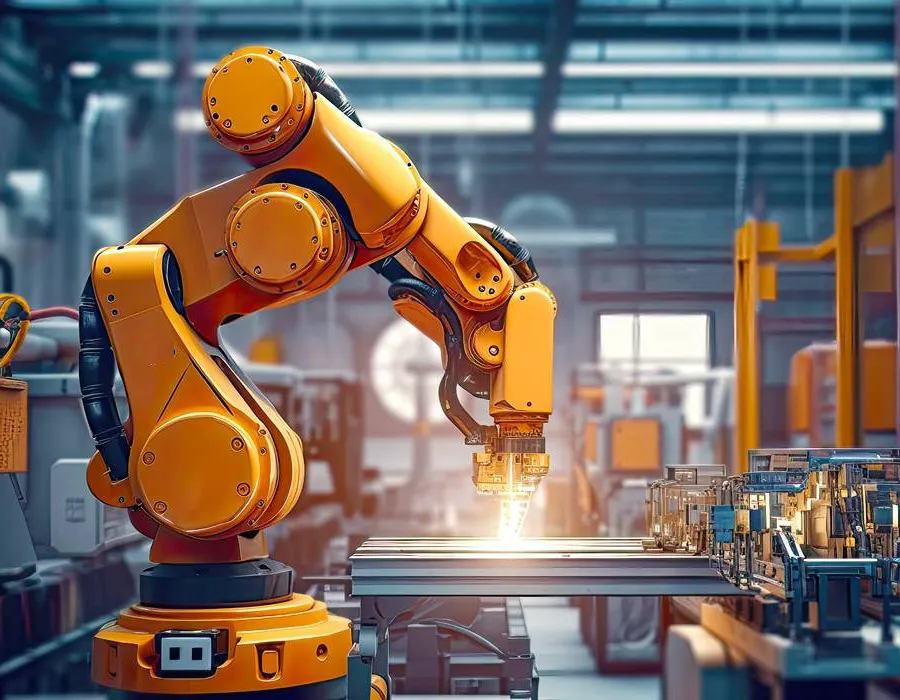 |
| Bevel Gear for Marine Industry | Bevel Gear for Robotics |
Disadvantages of Brass Bevel Gears
- Limited Load Capacity
Brass bevel gears have lower strength compared to materials like steel or iron. They are prone to deformation or failure under high torque or heavy loads. This makes them unsuitable for heavy-duty industrial applications where robust materials are required to handle extreme forces effectively. - High Cost
Brass is more expensive than other materials like aluminum or certain plastics. The cost of manufacturing brass bevel gears, including material and machining, can be significant. This makes them less economical for budget-conscious projects or applications where cost efficiency is a priority. - Wear Over Time
Despite their durability, brass bevel gears are softer than steel alternatives. Continuous use in high-friction environments can lead to gradual wear, reducing gear lifespan. This necessitates frequent maintenance or replacement, which can increase operational costs in long-term applications. - Thermal Conductivity Issues
Brass has high thermal conductivity, causing it to heat up quickly under intense operating conditions. Excessive heat can lead to thermal expansion, affecting gear alignment and performance. This makes brass bevel gears less suitable for high-speed or high-temperature environments. - Corrosion in Specific Environments
While brass is corrosion-resistant in many settings, it is susceptible to dezincification in certain conditions, such as exposure to acidic or high-chloride environments. This chemical degradation weakens the gear, compromising its structural integrity and reliability in specialized applications like chemical processing. - Noise Generation
Brass bevel gears can produce significant noise during operation, especially at high speeds or under heavy loads. The softer material may not dampen vibrations effectively, leading to operational noise. This can be a drawback in applications requiring quiet performance, such as precision instruments.
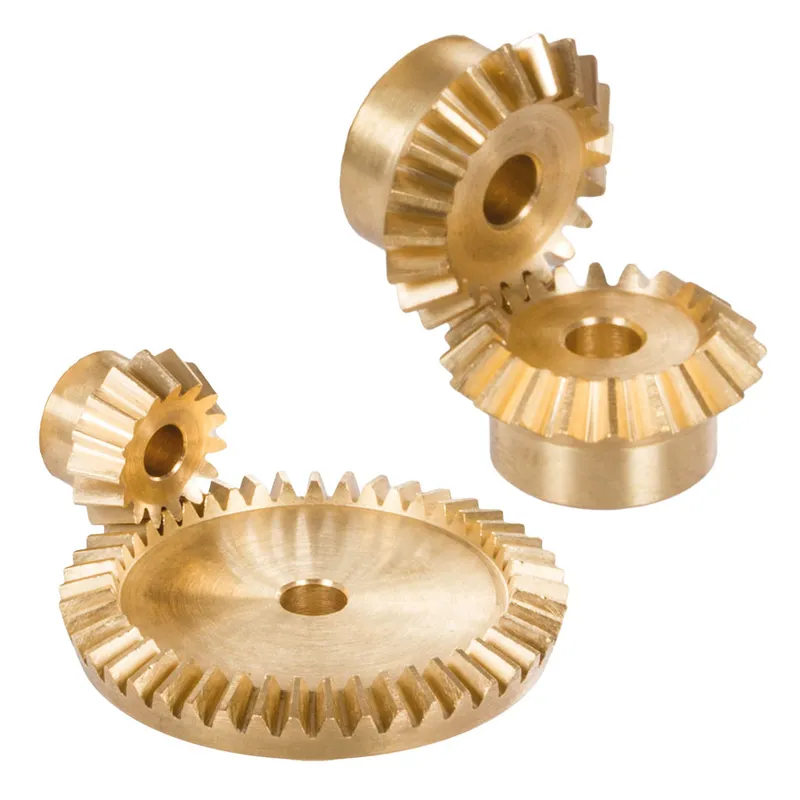
Additional information
| Edited by | Yjx |
|---|
